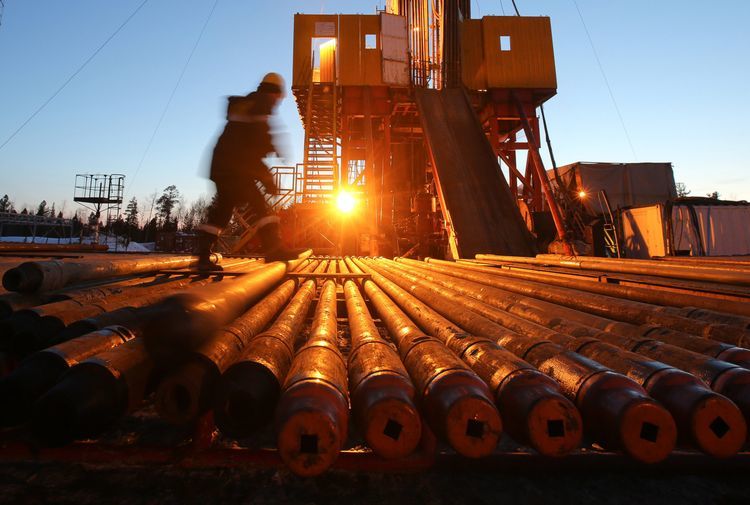
Russia wants to stick to the current OPEC deal and would oppose any proposal for deeper production cuts at the group’s ministerial meeting later this month, said four Russian government officials.
Any further supply reductions so soon after the existing agreement was extended would send the wrong message to the oil market, said one of the people. Such a move would suggest that OPEC, Russia and their allies are nervous that their pact to reduce output by a combined 1.8 million barrels a day through March 2018 isn’t doing enough to support prices, the official said. All four people spoke on condition of anonymity.
Russia plans to host a meeting of some ministers from the Organization of Petroleum Exporting Countries and several non-members in St. Petersburg on July 24. They will discuss progress toward eliminating a global supply glut, just as doubts swirl about whether the cuts will be successful amid a resurgence in U.S. shale output. While Brent crude has rebounded from a seven-month low reached in June, analysts including Goldman Sachs Group Inc. say the supply curbs need to be intensified.
Russia’s publicly traded oil producers, both state-led and non-state, have voluntarily reduced output by about 300,000 barrels a day from a post-Soviet record reached in October in order to support prices. Energy Minister Alexander Novak agreed in May to extend that reduction for nine months to the end of the first quarter of 2018.
Part of the government opposes both more cuts and any further prolongation of the deal, another of the people said. The longer the output curbs remain in place, the worse the volatility when producers are released from the accord, the person said.
Brent oil in London was 5 cents lower at $49.56 a barrel as of 12:04 p.m. in Hong Kong on Wednesday. Front-month prices fell Tuesday for the first time in nine sessions. The global benchmark crude lost 9.3 percent in the previous quarter.
Recommended for you
